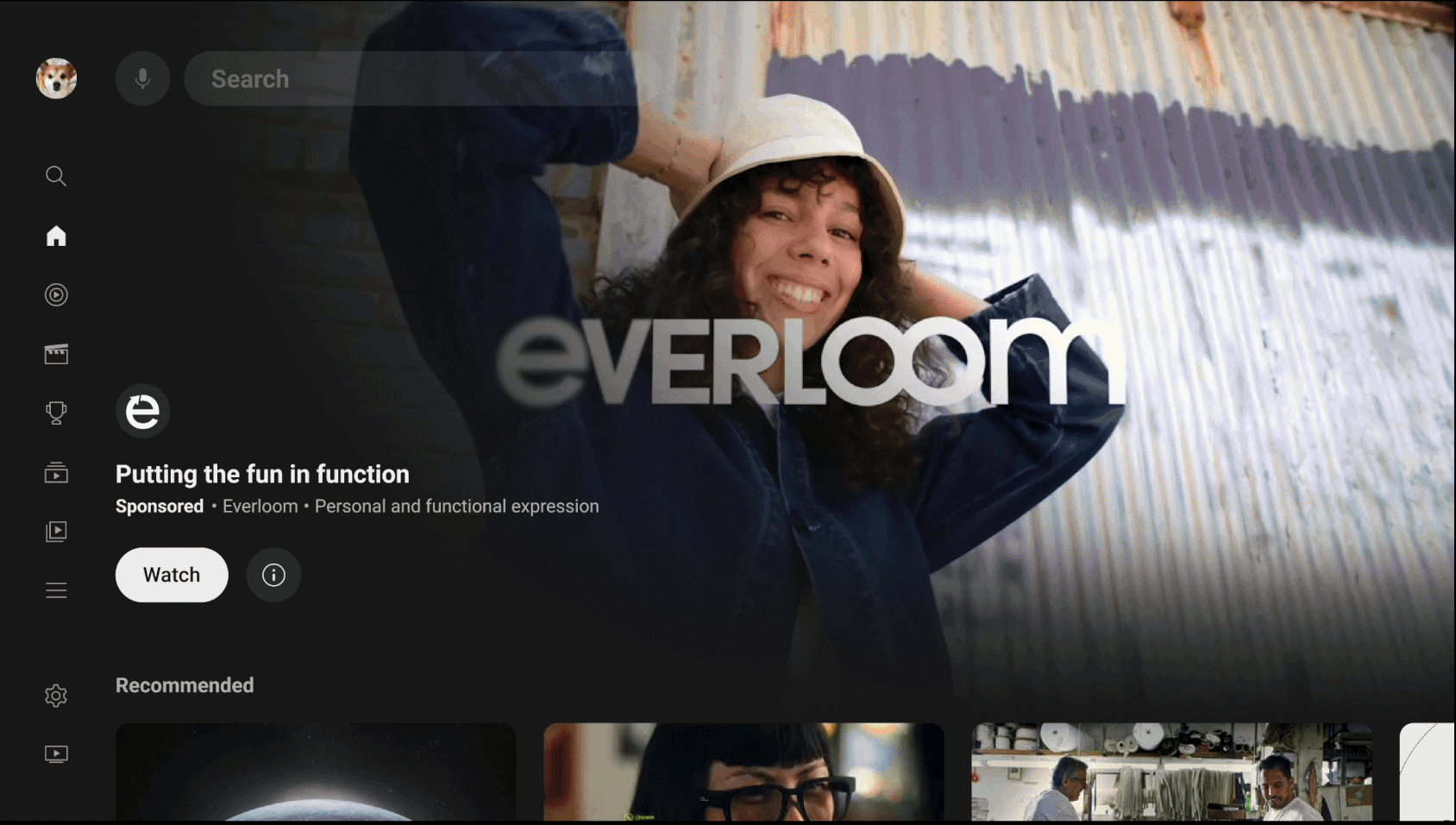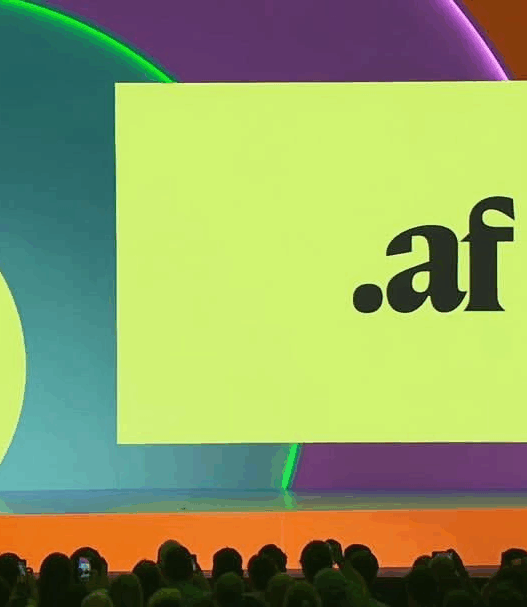A shift is underway in the digital world—AI “answer engines” like ChatGPT, Google’s Gemini, and others are delivering answers directly, bypassing publisher websites. This has created a crisis in referral traffic and revenue for publishers. Now, many are fighting back by building their own branded answer engines.
What’s Wrong with AI Search Summaries?
AI-powered features such as Google’s AI Overviews and OpenAI’s tools provide users with instant responses—often without a single click on the original article. Publishers are seeing steep declines in traffic: Business Insider dropped 55% between April 2022 and April 2025, while HuffPost and major outlets face similar trends.
Moreover, studies reveal that AI answers frequently lack accuracy and often include fabricated or broken citations—sometimes up to 60% of the time. This damages reader trust and diminishes publishers’ visibility.
Answer Engines: A Way to Retain Control
The Adweek feature signals a growing trend: publishers developing their own AI-driven answer tools hosted on their own domains. This helps ensure user engagement remains within their ecosystem and positions content as authoritative sources.
Taboola’s DeeperDive is a prime example—an AI answer engine deployed by publishers like Gannett/USA TODAY Network that surfaces relevant content directly on-site without scraping from the wider web.
Publisher Compensation Amid AI Disruption
A growing number of publishers are moving beyond building in-house tools to striking revenue-sharing and licensing agreements with AI platforms. Perplexity’s Comet Plus model allocates up to 80% of subscription revenue to publishers whose content is used in AI responses.
Other outlets, such as The New York Times and News Corp, have forged direct licensing deals with tech giants like Amazon and OpenAI, aiming to monetize content usage while negotiating rights.
Why This Matters for Publishing’s Future
-
Declining Referrals: AI search is pulling traffic away from publisher sites, directly impacting ads and subscription-based income.
-
Audience Retention: Branded answer engines offer publishers the opportunity to keep users engaged and build more loyal relationships.
-
New Revenue Models: Licensing and partnerships enable publishers to monetize content on their own terms or while maintaining visibility.
-
Authoritative Positioning: Hosting their own AI tools allows publishers to showcase expertise and maintain control over content presentation.
Final Thought: Publishers Hit Back
As the internet becomes more AI-first, publishers must adapt. By developing their own answer engines, pursuing fair revenue models, and delivering transparency, they can reconnect with audiences who still value depth, accuracy, and trust.















